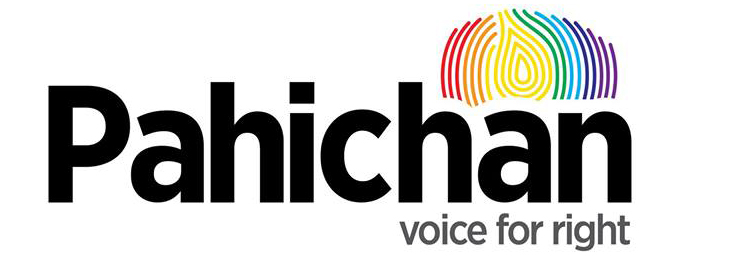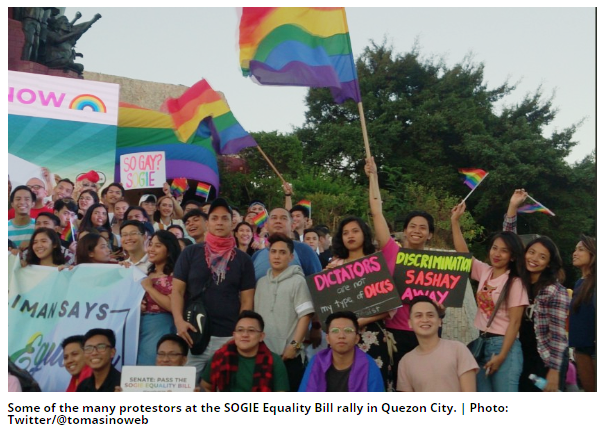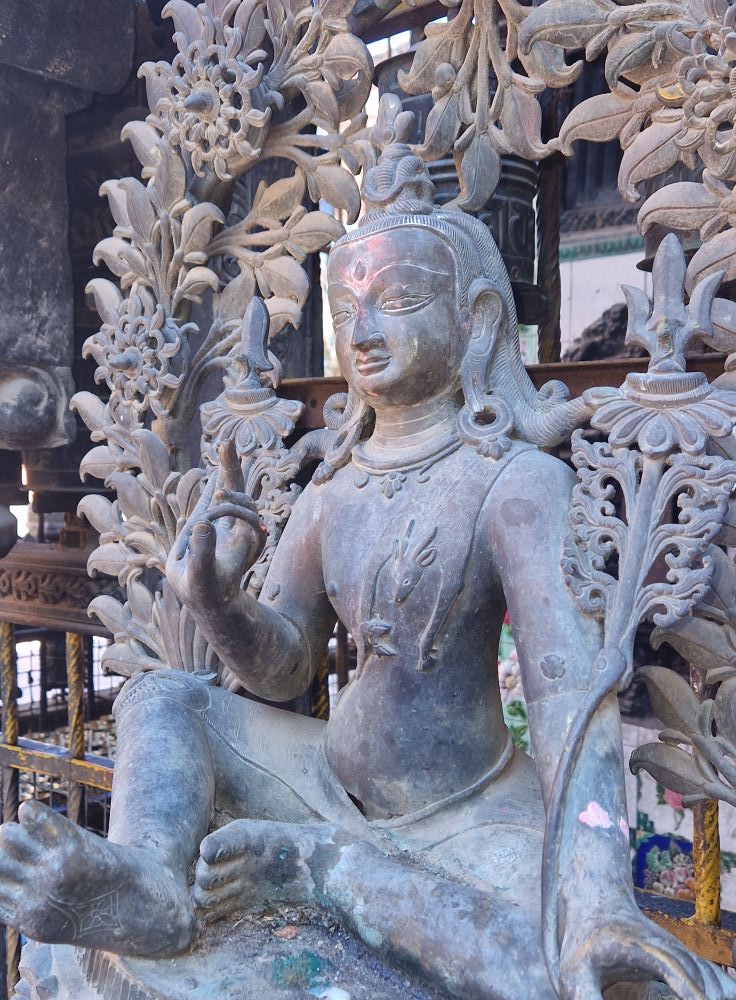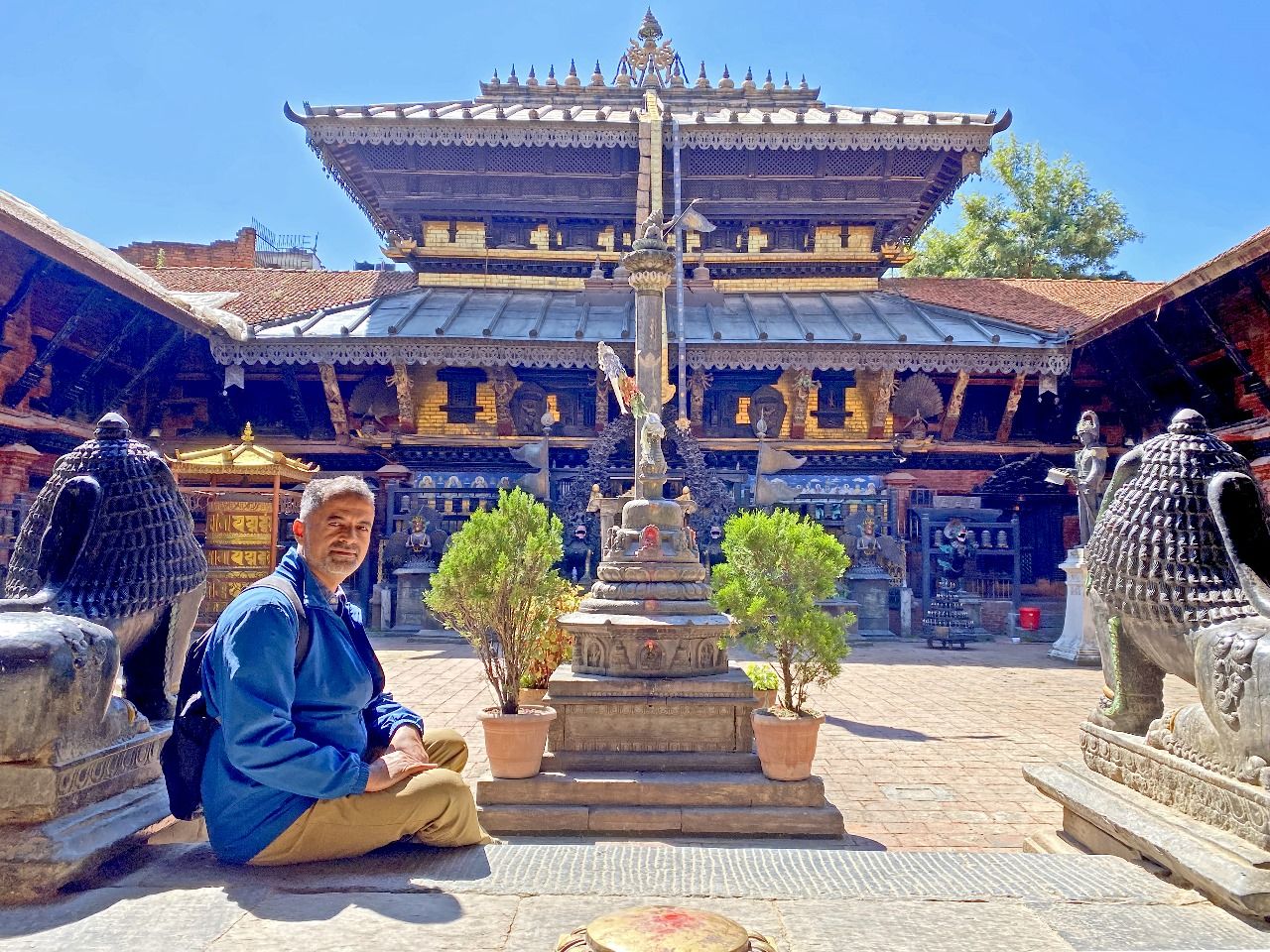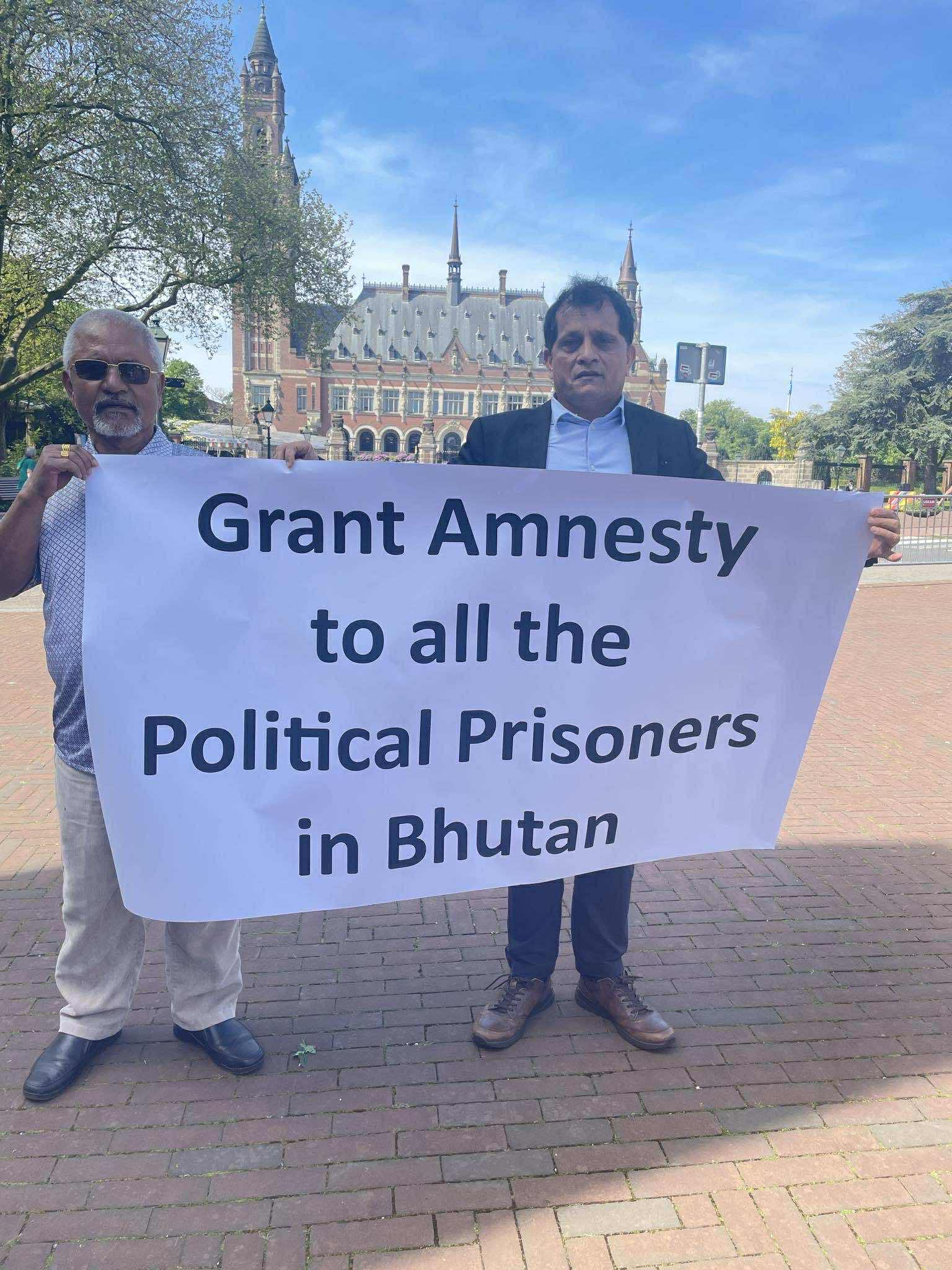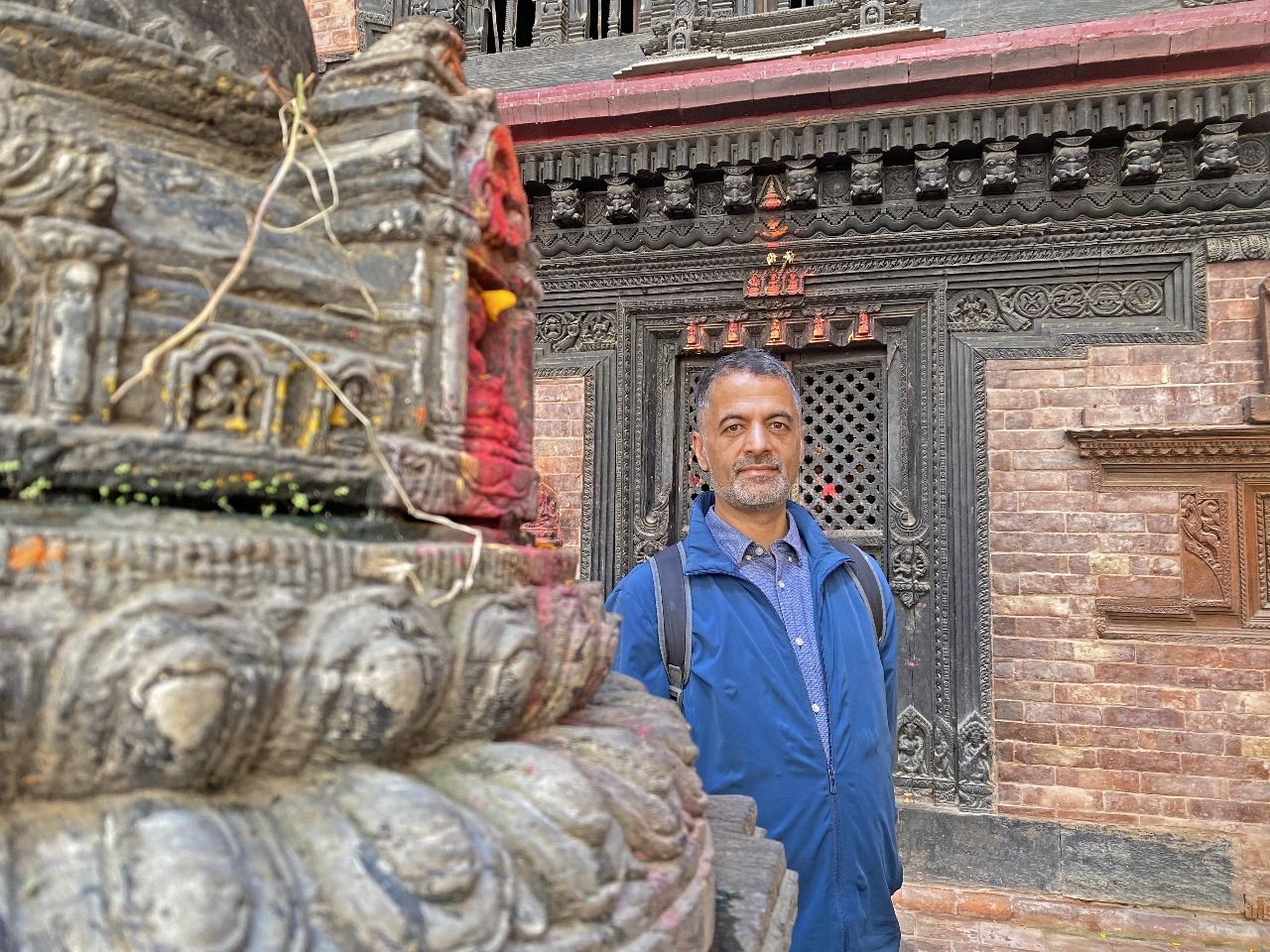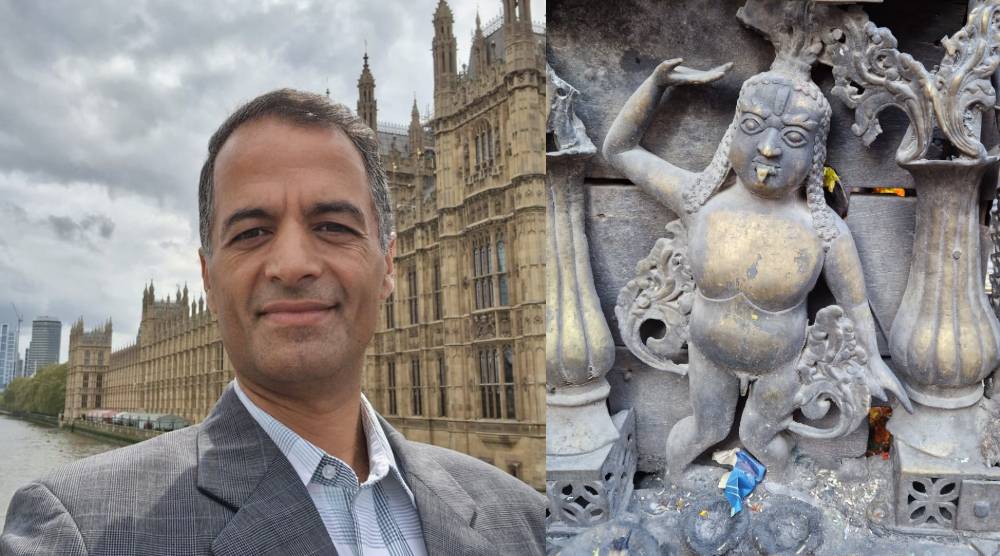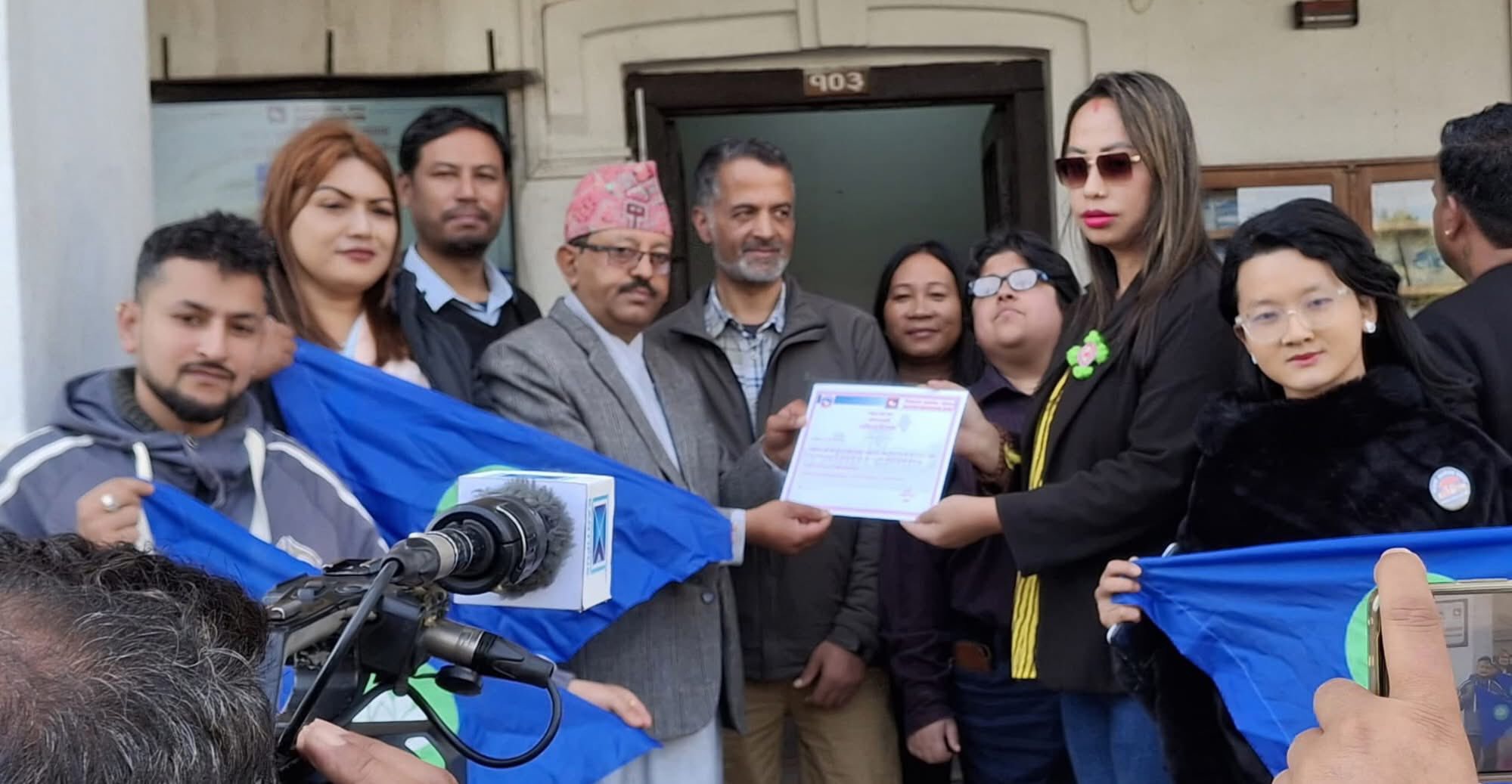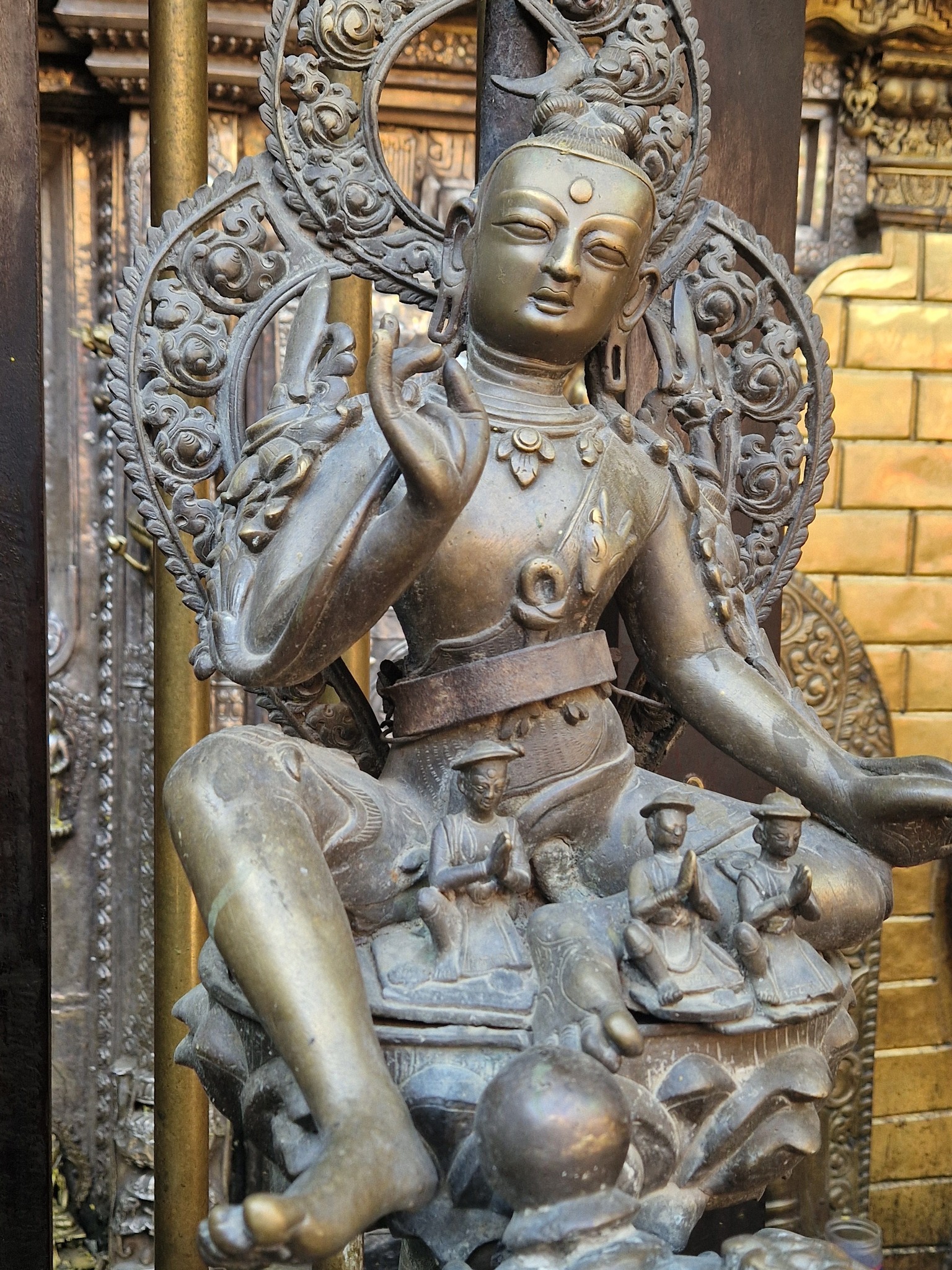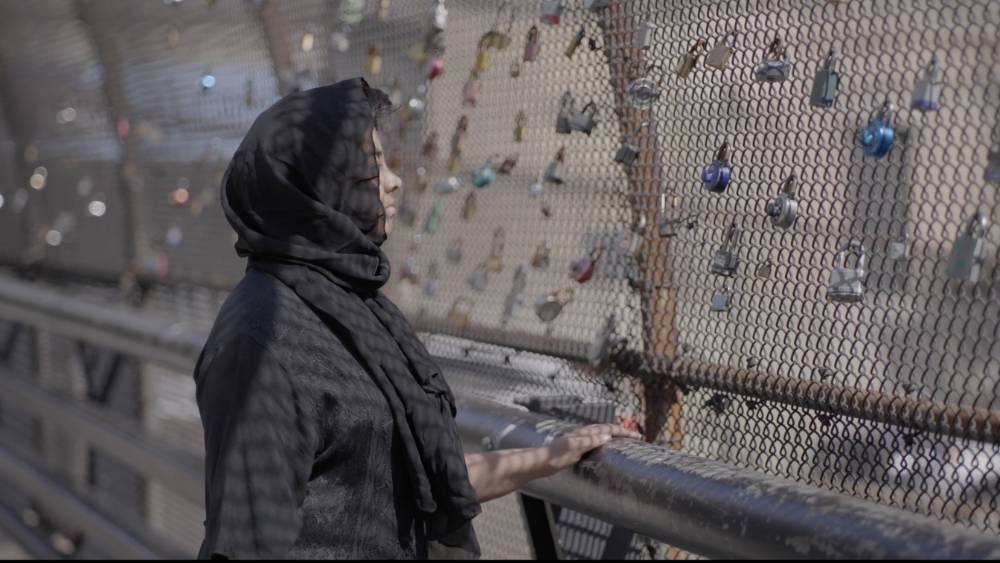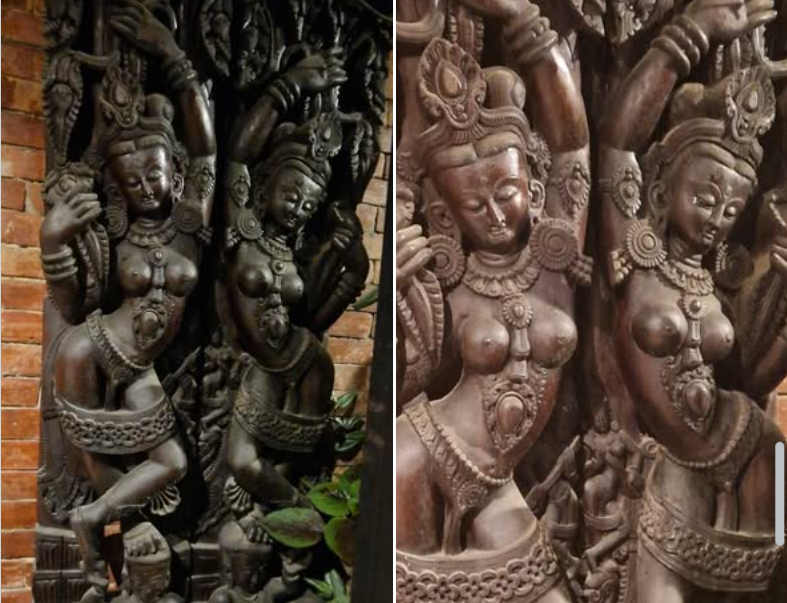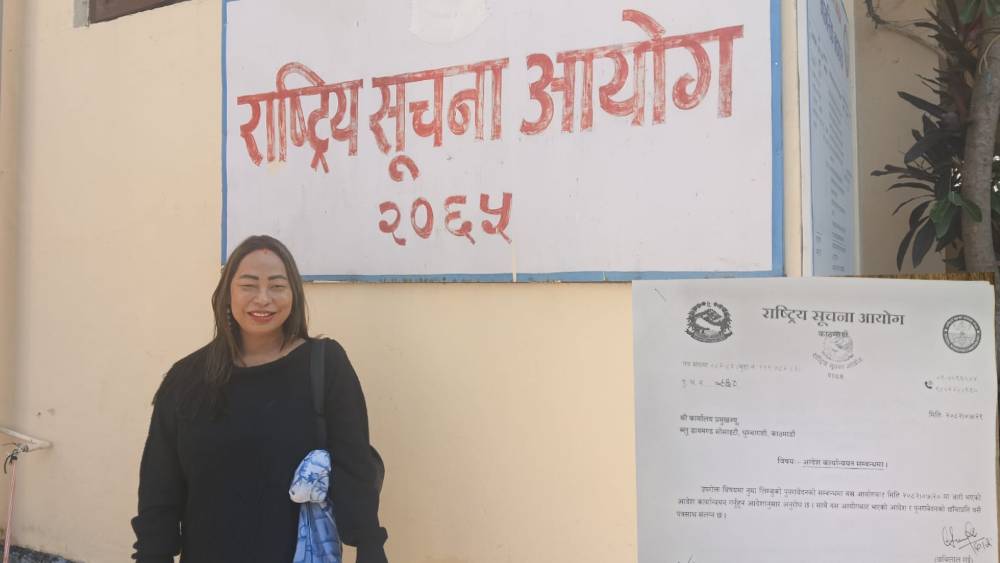Cebu joins the city Mandaluyong as recently passing an ordinance to protect the rights of LGBTI people from discrimination, the latest in a slew of local laws passed across the country.
Mandaluyong’s anti-discrimination ordinance ‘prohibits such discriminatory acts as denying or limiting employment-related access; denying access to public programs or services; refusing admission, expelling or dismissing a person from educational institutions due to their SOGIE (sexual orientation, gender identity and expression)’.
It also prohibits ‘verbal or written abuse; unjust detention/involuntary confinement; denying access to facilities; and illegalizing formation of groups that incite SOGIE-related discrimination.’
The two cities have followed in a line of provinces around the Philippines to enact similar ordinances.
The latest anti-discrimination measures come at time where pressure is mounting on the Federal Government to pass the SOGIE Equality Bill.
That Bill would make it illegal to discriminate against people because of their sexual orientation and gender identity expression (SOGIE).
Last year, the bill sailed through Congress with a unanimous 197-0 vote in favor of passing the anti-discrimination measures. The Philippines first trans congress woman, Geraldine Roman, introduced the Bill.
But now it is facing an uphill battle to pass the Senate. Conservative Christian groups have been accused of constantly delaying a vote on the Bill to stop it from passing.
Philippines is LGBT friendly, but it could be better
Advocacy group, Human Rights Watch (HRW) said these local ordinances were important because ‘LGBT Filipinos, while widely accepted in Philippine society, still face discrimination’.
‘This is particularly true for LGBT students as well as LGBT people living with HIV, many of whom suffer even more from mistreatment by families, employers, or colleagues,’ HRW said in a statement.
‘While the ordinance does not specifically address HIV-related discrimination, most HIV infections in the Philippines occur among LGBT people, particularly men who have sex with men.’
The Philippines has the fastest-growing HIV epidemic in the Asia-Pacific region. A third of all new HIV infections are recorded in Metro Manila, which includes Mandaluyong.
Copy : www.gaystarnews.com
